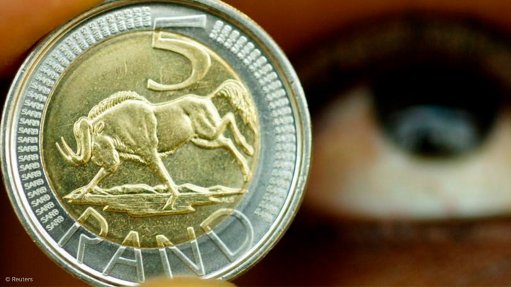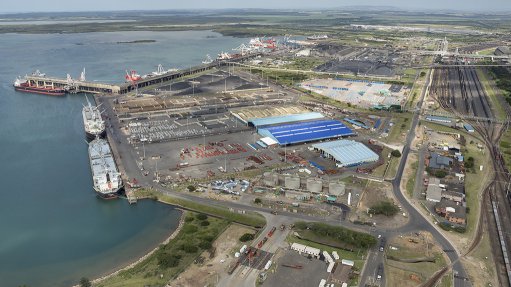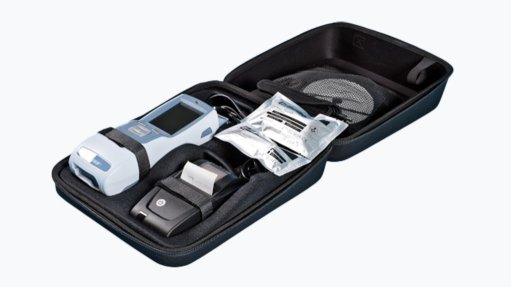Education institutions struggling with connectivity


RIAAN GRAHAM Connectivity to the Internet is essential and if it is available at a school, WiFi can be used to distribute access to the students
Amid water, electricity and basic infrastructure challenges at various education institutions, the lack of Internet connectivity has also been a challenge, states wireless connectivity firm Ruckus sub-Saharan Africa sales director Riaan Graham.
He attributes this connectivity gap to a lack of funds from government to provide connectivity, as, in general, most government schools do not receive information and communication technology budgets or funding to support proper Internet connectivity.
“The second challenge lies in the rural areas where the lack of Internet connectivity infrastructure, or points of presence, makes it very difficult to connect the rural schools or is very expensive to connect due to the remoteness of the schools,” he adds.
Graham further explains that, if Internet connectivity is available at a school, WiFi can be used to enable Internet access to the students through a tablet, smartphone or other devices.
“WiFi is fast becoming a trend in schools, as this medium allows for information to be shared with a lot of students at the same time and at a low cost,” Graham notes, adding that WiFi installation can be completed rapidly.
He further suggests that telecommunications companies, such as Vodacom or MTN, should evaluate and support a zero-cost rate for data used for educational purposes.
“With technology, we are able to ensure a better reach to the students. “Therefore, we can ensure a general improvement in marks and skills development with the assistance of visuals and blended learning,” Graham notes.
Blended learning is a combination of classroom learning and online learning, in which students can to some extent be in control of the “time, pace and place” of learning, he explains. Such learning is especially useful if a student needs to review subject matter when it was first introduced in a boisterous or over-full classroom or even because of a lack of understanding, Graham notes.
However, he says the curriculum followed at all schools is another challenge, as it does not incorporate the technology that could be used to bridge the gap between theoretical and practical work, which learners will need to use to assist themselves after school.
Large technology companies, such as Microsoft or Google, are actively involved by focusing more on using technology in education, Graham points out.
“These companies, in partnership with the Department of Education, need to come up with a non-negotiable minimum curriculum that includes certain technology sets and their daily use,” he suggests.
Article Enquiry
Email Article
Save Article
Feedback
To advertise email advertising@creamermedia.co.za or click here
Press Office
Announcements
What's On
Subscribe to improve your user experience...
Option 1 (equivalent of R125 a month):
Receive a weekly copy of Creamer Media's Engineering News & Mining Weekly magazine
(print copy for those in South Africa and e-magazine for those outside of South Africa)
Receive daily email newsletters
Access to full search results
Access archive of magazine back copies
Access to Projects in Progress
Access to ONE Research Report of your choice in PDF format
Option 2 (equivalent of R375 a month):
All benefits from Option 1
PLUS
Access to Creamer Media's Research Channel Africa for ALL Research Reports, in PDF format, on various industrial and mining sectors
including Electricity; Water; Energy Transition; Hydrogen; Roads, Rail and Ports; Coal; Gold; Platinum; Battery Metals; etc.
Already a subscriber?
Forgotten your password?
Receive weekly copy of Creamer Media's Engineering News & Mining Weekly magazine (print copy for those in South Africa and e-magazine for those outside of South Africa)
➕
Recieve daily email newsletters
➕
Access to full search results
➕
Access archive of magazine back copies
➕
Access to Projects in Progress
➕
Access to ONE Research Report of your choice in PDF format
RESEARCH CHANNEL AFRICA
R4500 (equivalent of R375 a month)
SUBSCRIBEAll benefits from Option 1
➕
Access to Creamer Media's Research Channel Africa for ALL Research Reports on various industrial and mining sectors, in PDF format, including on:
Electricity
➕
Water
➕
Energy Transition
➕
Hydrogen
➕
Roads, Rail and Ports
➕
Coal
➕
Gold
➕
Platinum
➕
Battery Metals
➕
etc.
Receive all benefits from Option 1 or Option 2 delivered to numerous people at your company
➕
Multiple User names and Passwords for simultaneous log-ins
➕
Intranet integration access to all in your organisation



















